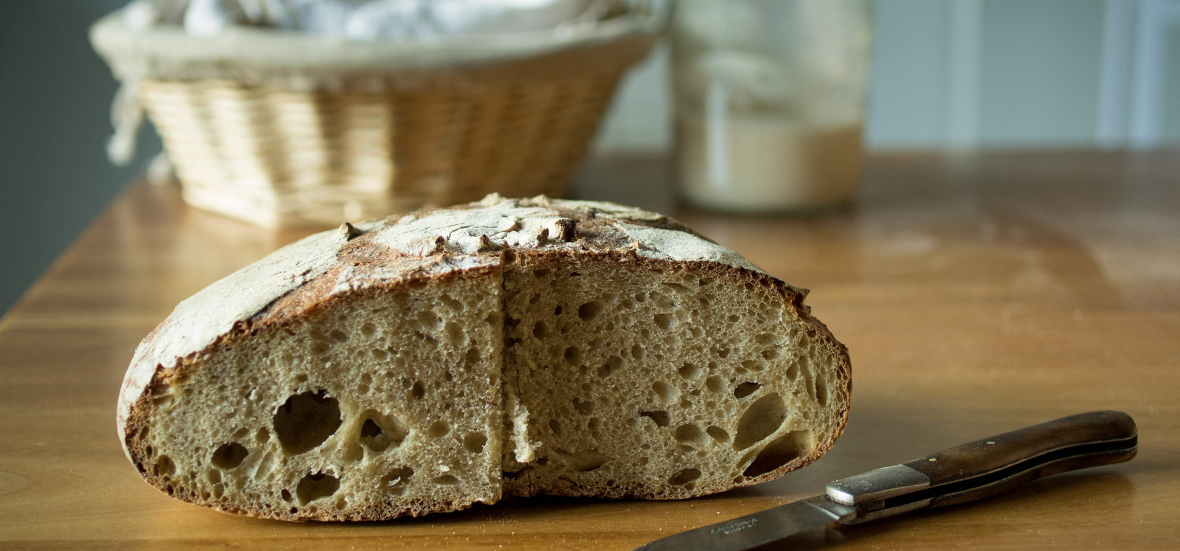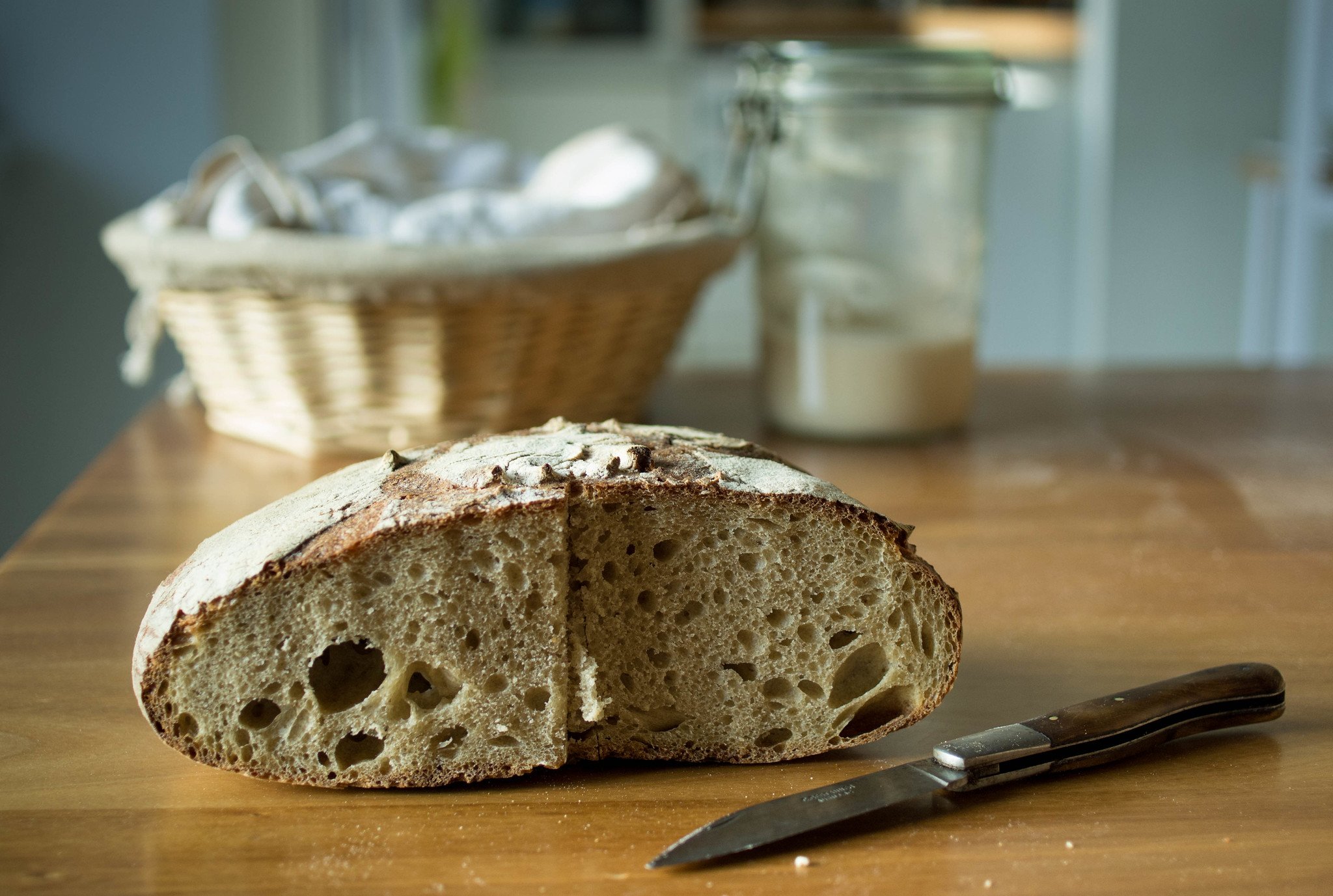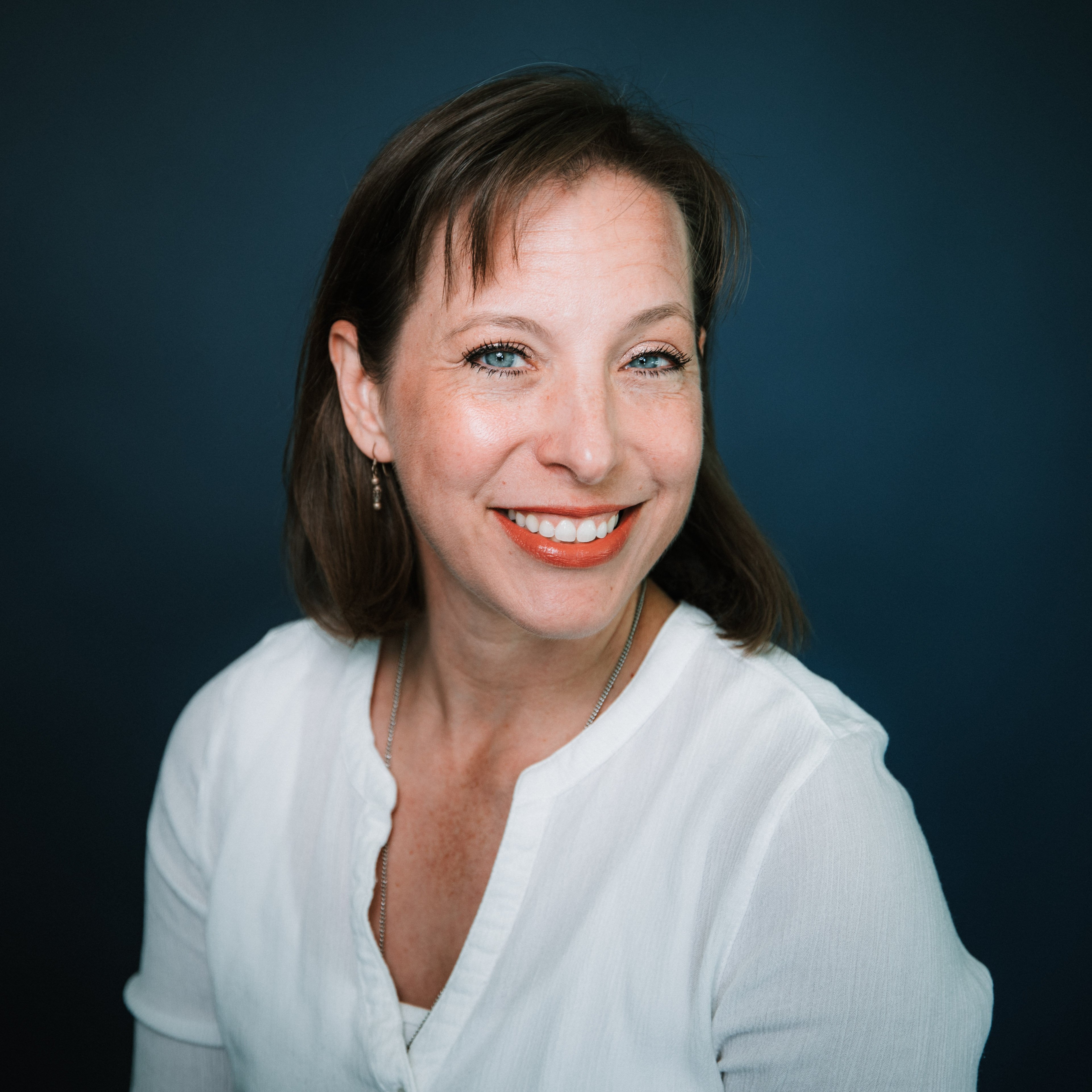
Laura Nelson fights the toxic positivity trend, accepting her struggles, doubts, and bread-baking fails.
Recently, I hit an emotional wall. Like a lot of people this year, I’ve been trying to “make the most of the time,” “look on the bright side,” and “remember my blessings.” But, a few weeks ago, I couldn’t do it anymore.
I had reached my limit. My coping skills weren’t working. Even one of the things that had brought me some joy during the pandemic, sourdough bread baking, wasn’t working like it used to.
Yes, I’m one of the thousands of people who started making sourdough bread during the shelter-at-home period this spring. It’s something I had always wanted to do but never had time to do in the past. Since time was abundant, there wasn’t any reason not to give it a shot. So, off I went. It was great! Just the distraction and entertainment that I needed. I enjoyed the creation and cultivation of the starter. I experimented with different dough recipes until I got some really great loaves of bread. It was fun! It was interesting! It was delicious! Until it wasn’t. Suddenly my loaves stopped turning out well. They stopped being fluffy and flavorful and ended up leaden and squat. It seemed that even my dough knew that things weren’t OK with me.
I had to admit to myself that I wasn’t OK. And, evidently, I’m not alone. It seems that depression and anxiety are the secondary pandemics this year. The majority of us have been feeling one, the other, or both persistently for the last 6 months or so.
This realization was becoming clearer to me when an article about “toxic positivity” came across my newsfeed. Honestly, I don't know how I feel about the somewhat dramatic term, but the point is this: pretending that you’re OK when you’re not is bad for you. We have to be OK with saying that we’re not OK. And if, in the year of our Lord 2020, we can’t admit that we’re just not OK, when the heck can we admit it?
The emotional struggle the world is going through is completely valid but for people of faith, there’s an extra layer: doubt. When we despair and get discouraged, it’s easy and somewhat expected to have spiritual doubts. I know what I’m talking about here. The fear and anxiety that my spiritual doubts have produced has only added to my depression and increased my despair. But, surprisingly, when I talk to priests and spiritual directors about my doubts, they don’t freak out and tell me that I’m an awful Catholic or a faithless Christian. Instead, they tell me that all of us have doubts from time to time. And that it’s OK.
I skeptically accepted their advice wondering if I was seeking answers from the right people. But, I couldn’t ignore their collective wisdom and counsel when I read this quote from Yes or No: Straight Answers to Tough Questions about Christianity by theologian Peter Kreeft, “The opposite of faith is not doubt but indifference, just as the opposite of love is not hate ... but indifference.” Suddenly, I could breathe again. My doubts didn’t demonize me or make me a bad Christian. In a way, my doubts reveal how much I care about my beliefs.
All of these experiences have taught me that I need to be reminded that all of us struggle in some way. Maybe it’s anxiety and depression, maybe it’s spiritual doubt, or maybe it’s uncooperative sourdough. Lucky me: I have all three!
I know that I’ll be OK. I want you to know that too. But, I need to break the silence about struggle; or at least about my struggle. It’s not your problem to fix. I don’t need ideas for better ways to cope, suggestions for spiritual reading, or even sourdough tips. I’ll work through this. I just need to say this and let it out:
This pandemic is hard on me. I have spiritual doubts. And sourdough is not as easy as it looks on Instagram.

Copyright 2020 Laura Nelson
Image: Flickr (2019), CC BY SA 2.0
About the Author

Laura Nelson
Laura B. Nelson is a Catholic wife and mother of three children. She is also a Catholic author, speaker, Catechesis of the Good Shepherd catechist, and full-time Coordinator of Children's Faith Formation. Laura likes to be busy but she most enjoys spending time with her husband and three children at their home in Grapevine, Texas. Find out more about Laura at LauraBNelson.com.


.png?width=1806&height=731&name=CatholicMom_hcfm_logo1_pos_871c_2728c%20(002).png)
Comments